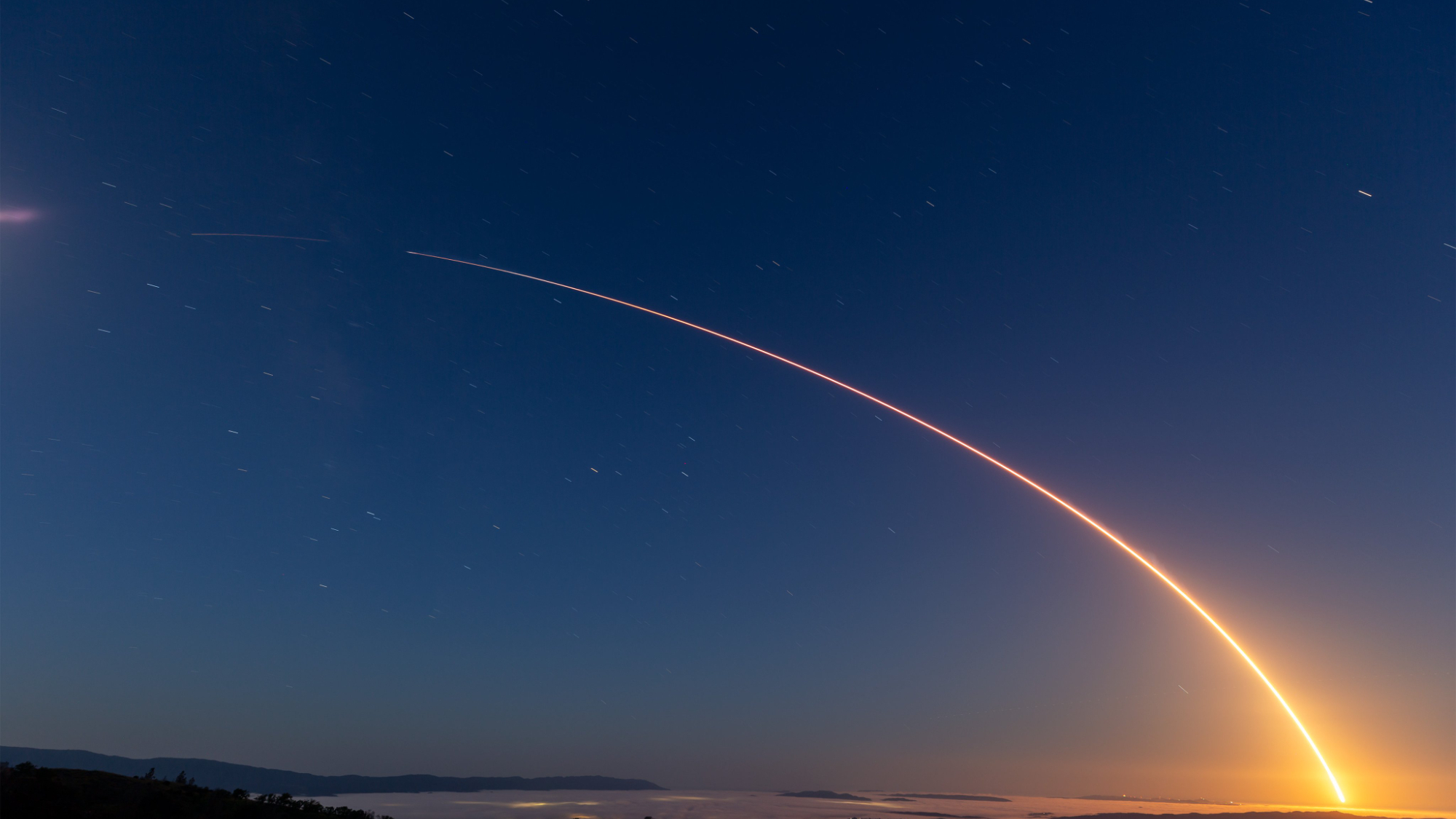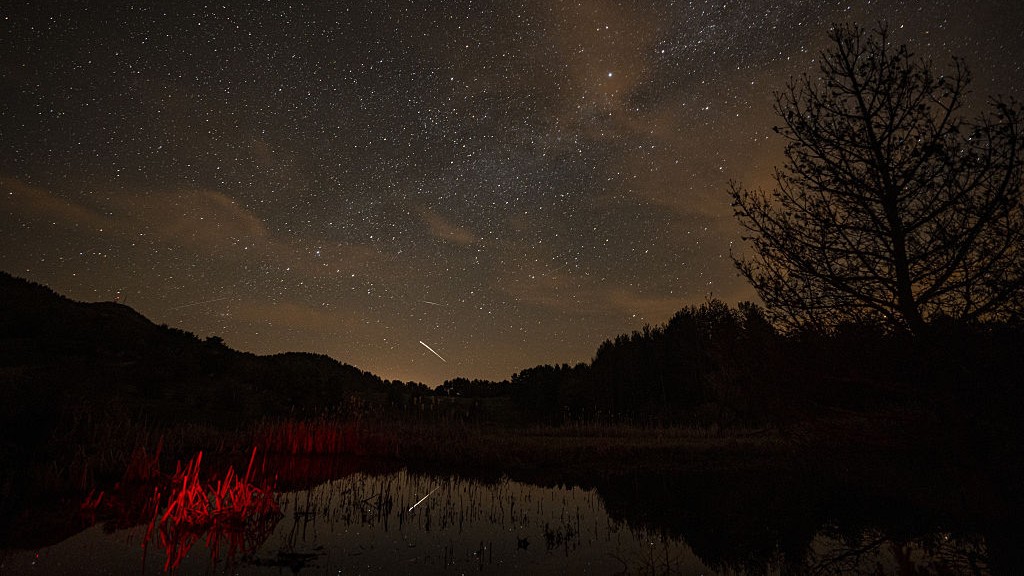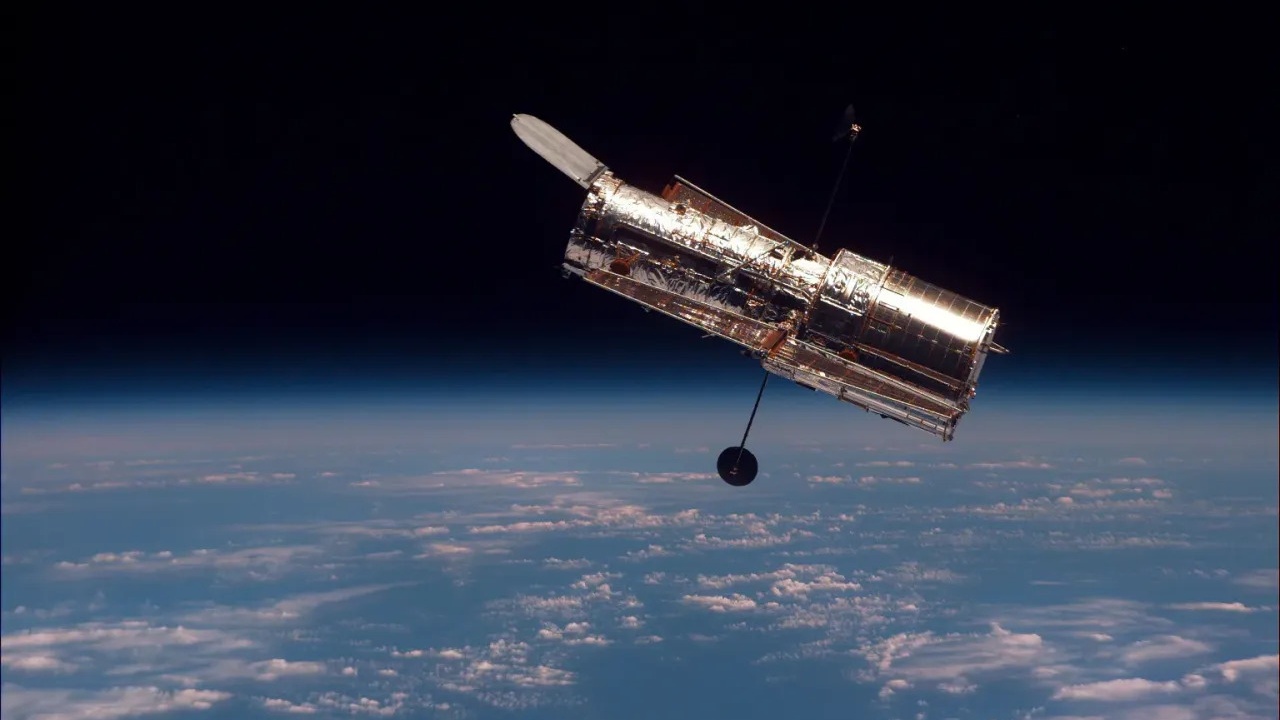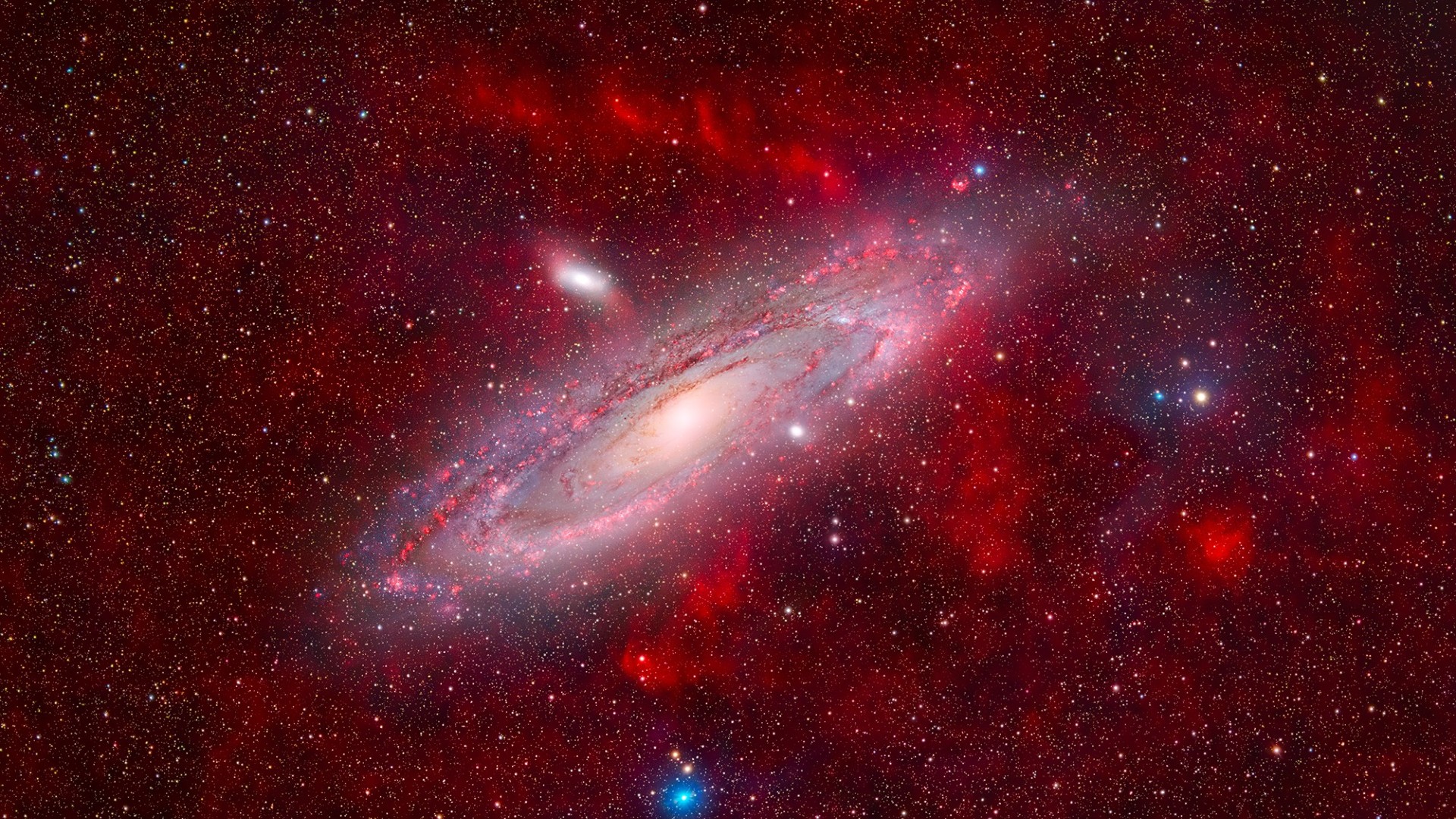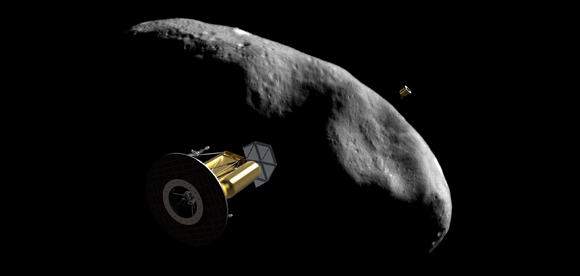
The billionaire-backed asteroid-mining firm Planetary Resources has hired Peter Marquez, who served as director of space policy under presidents George W. Bush and Barack Obama, company officials announced today (June 10).
As Planetary Resources' new vice president for global engagement, Marquez will work with various entities in the United States and abroad to aid the company's mission of extracting and exploiting raw materials from near-Earth asteroids.
"Peter brings a wealth of knowledge that will make Planetary Resources successful as we begin working closer with the U.S. government and foreign partners," company co-founder and co-chairman Eric Anderson said in a statement. "Peter is a known leader and innovator in the space policy community, and we're happy to have him as part of the team." [Planetary Resources' Asteroid-Mining Plans (Images)]
Marquez has more than a decade of experience in space policy, Planetary Resources officials said, and he is no stranger to asteroids as exploration targets. For example, Marquez authored the U.S. National Space Policy in 2010, which formalized President Obama's plan to send astronauts to a near-Earth asteroid by 2025.
Planetary Resources, which counts Google execs Larry Page and Eric Schmidt among its investors, plans to mine asteroids for water, precious metals and other resources. The company's ultimate goal is to help expand humanity's footprint out into the solar system.
"Planetary Resources is on a mission to change the world. I am very excited to have the opportunity to work with such a great team," Marquez said in a statement. "I am looking forward to working with many of my colleagues in the U.S. government and abroad in an effort to fully utilize all the benefits that Planetary Resources' vision has to offer."
Water is the initial focus of Planetary Resources plans, because it is the key enabler of off-Earth living. Water can keep astronauts hydrated, serve as a shield against dangerous radiation and — once split into its constituent hydrogen and oxygen — provide breathable air and rocket fuel, allowing voyaging spaceships to fill up on the go.
Get the Space.com Newsletter
Breaking space news, the latest updates on rocket launches, skywatching events and more!
Planetary Resources plans to launch a set of tiny "cubesats" to Earth orbit early next year. The goal is to test out technologies required for its first line of asteroid-prospecting spacecraft, which it hopes to loft — again, to low-Earth orbit — sometime in 2015. The company also recently launched a crowdfunding campaign to build and fly a space telescope for public use; so far, the effort has raised $846,000 toward its $1 million goal.
Planetary Resources is not the only player in the asteroid-mining field. A company called Deep Space Industries also plans to extract resources from space rocks, with a similar goal of spurring solar system exploration.
Follow Mike Wall on Twitter @michaeldwall and Google+. Follow us @Spacedotcom, Facebook or Google+. Originally published on SPACE.com.
Join our Space Forums to keep talking space on the latest missions, night sky and more! And if you have a news tip, correction or comment, let us know at: community@space.com.

Michael Wall is a Senior Space Writer with Space.com and joined the team in 2010. He primarily covers exoplanets, spaceflight and military space, but has been known to dabble in the space art beat. His book about the search for alien life, "Out There," was published on Nov. 13, 2018. Before becoming a science writer, Michael worked as a herpetologist and wildlife biologist. He has a Ph.D. in evolutionary biology from the University of Sydney, Australia, a bachelor's degree from the University of Arizona, and a graduate certificate in science writing from the University of California, Santa Cruz. To find out what his latest project is, you can follow Michael on Twitter.




